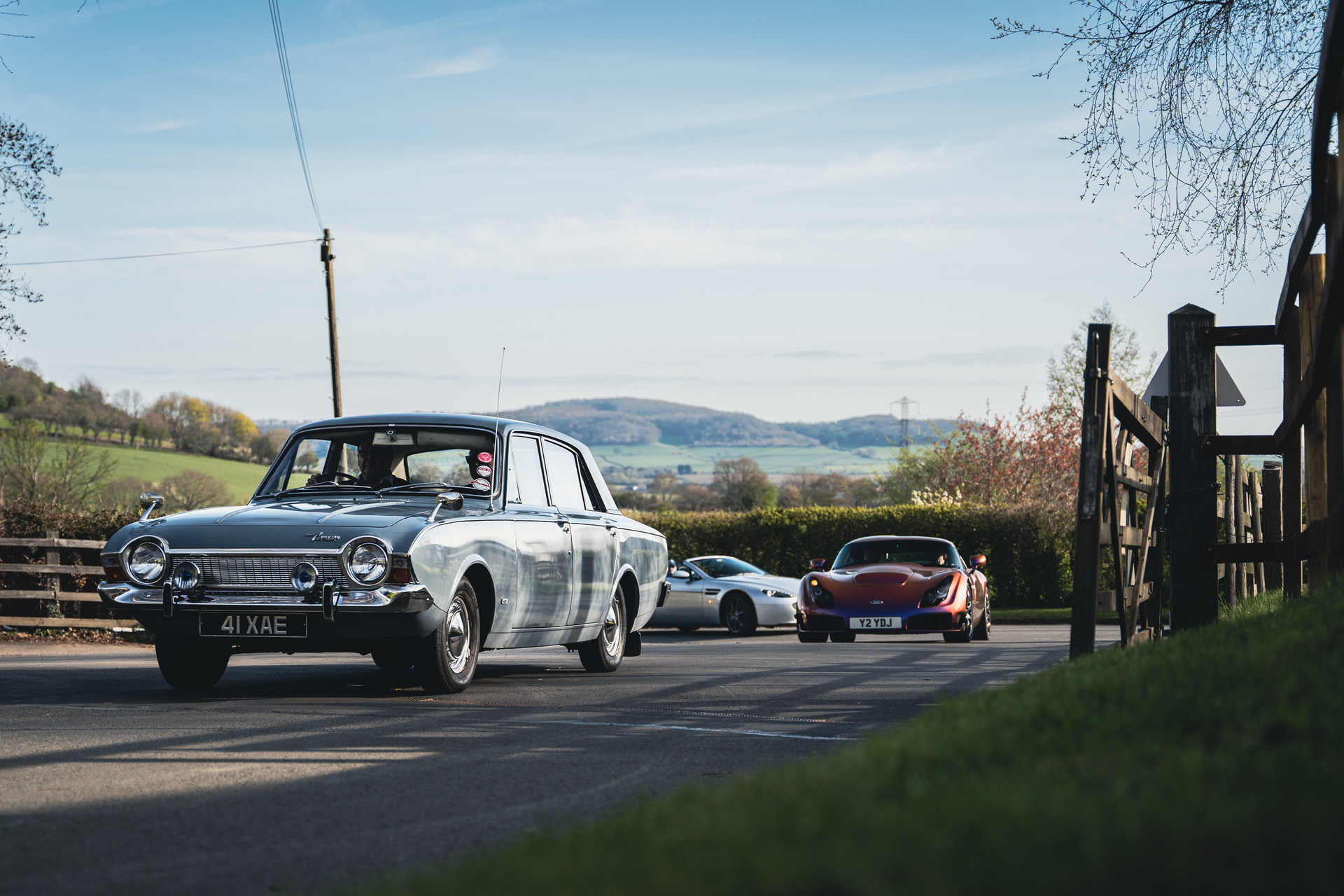A new report from Footman James, a classic and specialist vehicle insurance provider, claims that classic cars are less damaging to the environment overall than modern vehicles, including EVs. This conclusion takes into account the limited use of classics throughout the year in contrast with modern cars that are often used on a daily basis, while generating large amounts of carbon during their production.
According to the report, the average classic car in the UK emits 563 kg (1,241 pounds) of CO2 annually, since classic car owners drive them for an average of 1,200 miles (1,931 km) on a yearly basis. While modern vehicles have significantly less CO2 emissions per km, they are being driven for much longer distances per year and come with a pretty large carbon footprint right from the factory.
Read Also: Range Rover Classic Restomod Is Compliant With London’s Ultra Low Emission Zone
The study suggests that the carbon footprint during the production of an average passenger car like the VW Golf is 6.8 tonnes (14,991 pounds) of CO2. A modern battery-electric vehicle such as the Polestar 2 increases this figure to 26 tonnes (57,320 pounds) of CO2 before they even leave the factory, which can be difficult to offset with zero-emission driving. For comparison, it takes more than 46 years of use for the average classic car to reach the same 26-tonne CO2 figure.
To be fair, this comparison will be entirely different when automakers reach their carbon-neutral production goals sometime in the next decade. Polestar itself has pledged to produce the first climate-neutral car by 2030 while many other companies are working on reducing the carbon footprint of their factories and premises. Still, Volvo recently admitted that the production of an EV generates 70 percent more emissions than its ICE-powered equivalent at the moment, even though the carbon footprint for its entire lifecycle is lower.
The Indicator Report claims that two-thirds of classic car owners are concerned about climate change, and over half of them would be open to emissions offsetting schemes. David Bond, managing director of Footman James, said: “It’s easy for one to assume that classic cars are more damaging simply because of their older and less efficient engines, however, the data in this report disproves that theory. It’s really about how these vehicles are maintained and used; it is clear that while new modern and electric cars might seem better for the planet day-to-day, the problem is how much of an impact their production causes”.










